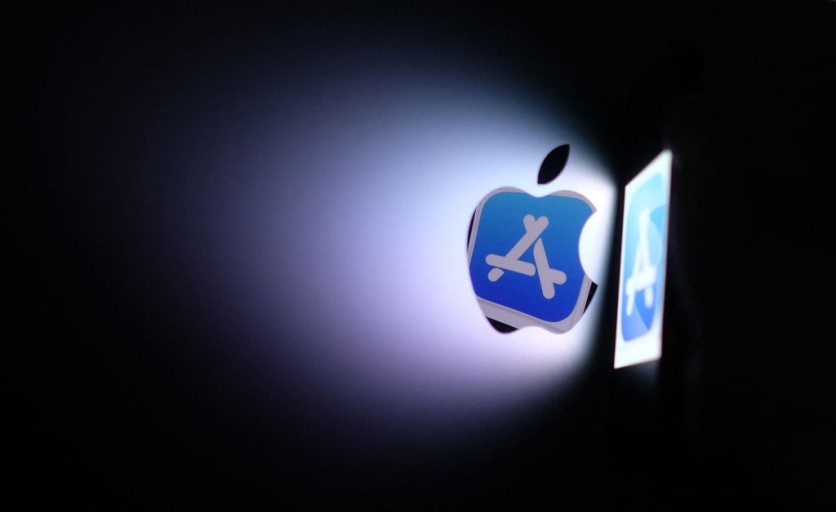Japan could soon force both Apple and Google, as well as other similar companies, to allow third-party application stores on its devices, as per 9to5mac, citing Nikkei Asia as its source.
The report indicates that according to Nikkei, Japan is developing legislation that will compel tech giants such as Apple and Google to enable both outside application stores and payments on their mobile operating systems in order to minimize exploitation of the company's dominant position in the Japanese market.
The legislation is reportedly scheduled for submission to parliament in 2024 would limit platform providers' efforts to keep consumers in their own ecosystems and block out competitors, focusing primarily on four areas: app stores and payments, search, browsers, and operating systems.

The proposal is to give the Japan Fair Trade Commission the authority to levy fines for infractions. If this is structured after existing antitrust legislation, the penalty would be roughly 6% of the income generated by the harmful actions. The specifics will be worked out in the spring.
In many aspects, 9to5mac states that the new Japanese antitrust legislation is identical to the European Union's Digital Markets Act. According to the DMA, Apple must enable developers to publish their iOS apps outside of the App Store. Third-party applications will also be permitted to make in-app purchases using third-party payment services.
Apple's Pre-Support on Sideloading
According to Computer World, Apple has been working behind the scenes way back in 2010 wherein Apple has shown signs of supporting third-party software stores and individual program sideloading since iOS 4, alongside the iPad and iPhone 4.
The report indicates that was when Apple announced iOS device mobile device management (MDM), giving IT departments a foundation for remotely securing and managing iPhones and iPads in the office and in schools.
MDM reportedly meant, among others, that enterprise app stores, where employees may download business applications for themselves, was supported, including in-house enterprise apps that are not available externally and applications purchased or licensed by an employer from the App Store.
Unsurprisingly, 9to5mac reports that Apple has no intentions to make third-party application stores or 'sideloading' available to the general public, making it exclusive to countries who have required the tech giant to do so.
Nikkei Asia states that based on parameters like sales and user numbers, the Japanese government will be the one to determine which tech firms are subject to the projected legislation. It is expected to mostly affect global corporations, with no Japanese enterprises likely to get caught in the net.
Apple and Google App Store Monopoly
As it stands, these monopolies on in-app purchases prove to show customers on mobile devices may pay more for the same content or services as on personal computers.
Presently, applications cannot be downloaded onto iPhones via sources other than Apple's own App Store. In-app payments are also processed via Apple's system, which gets a 30% share.
Moreover, while Google allows third-party app distribution networks, it normally demands developers to utilize its payment system.
Currently, a separate 9to5mac report indicates that Apple has until March 5 of next year to comply with allowing third-party app stores or app sideloading within Europe.
Related Article : Google Settles Antitrust Case for $700 Million, Commits to Fair Play Store Practices


![Apple Watch Series 10 [GPS 42mm]](https://d.techtimes.com/en/full/453899/apple-watch-series-10-gps-42mm.jpg?w=184&h=103&f=9fb3c2ea2db928c663d1d2eadbcb3e52)


